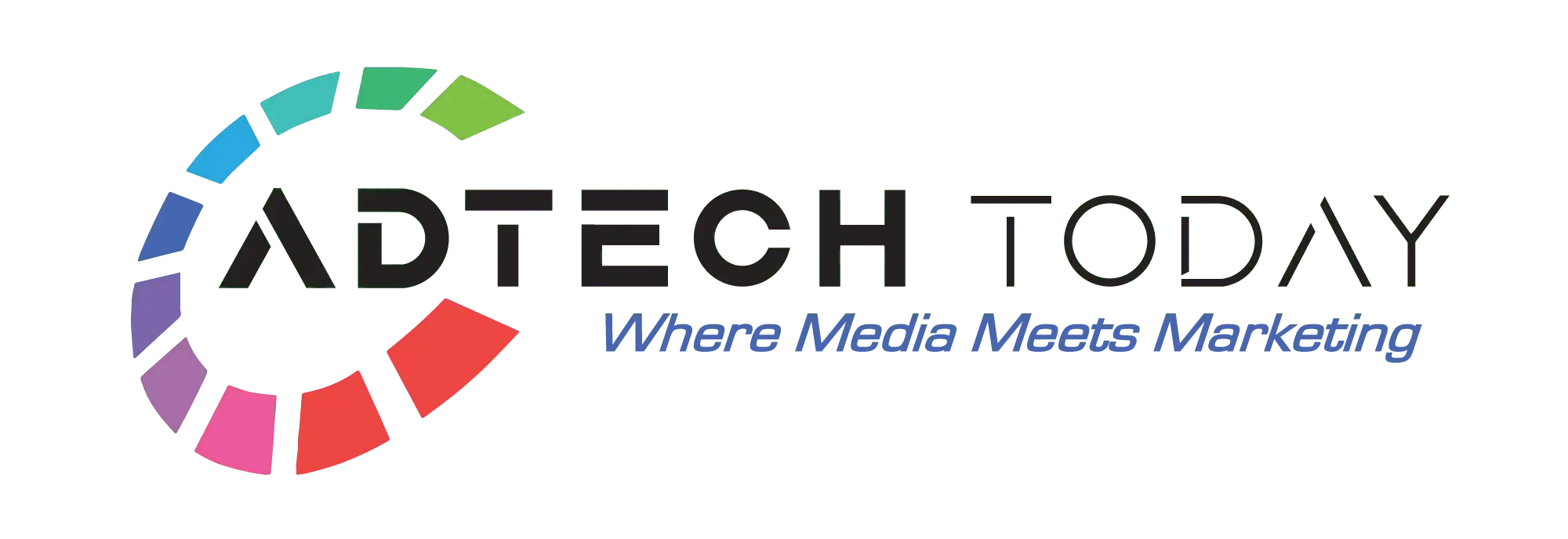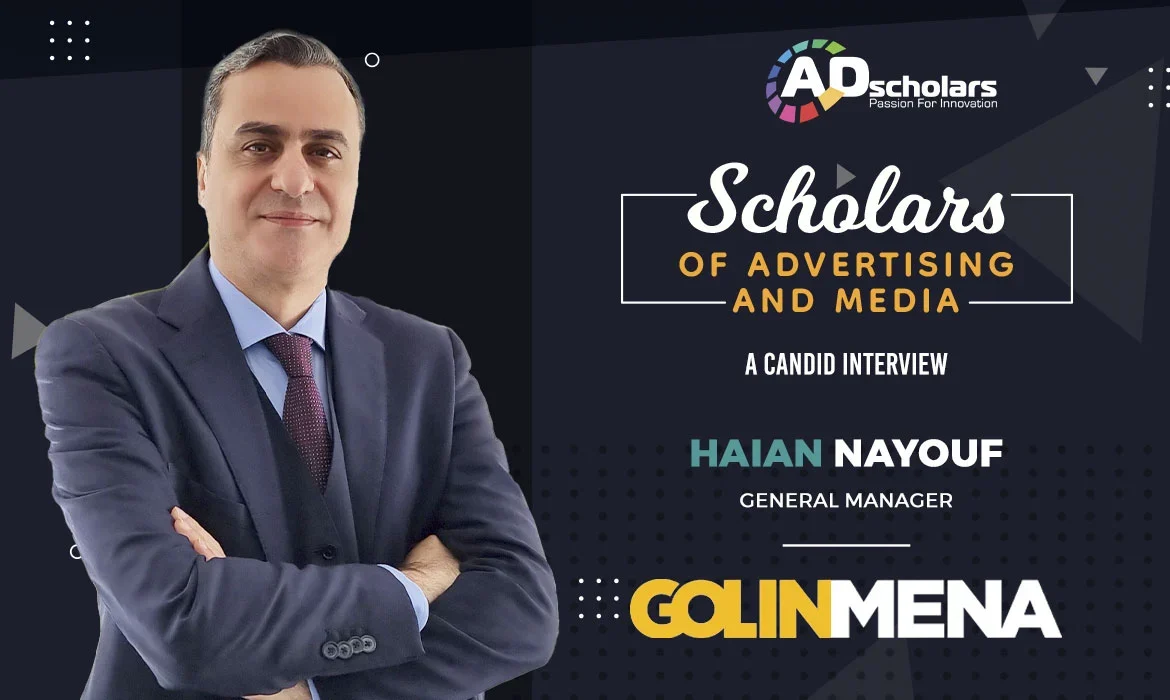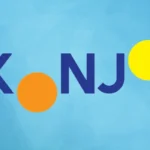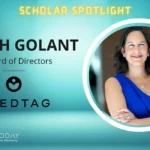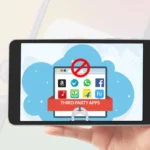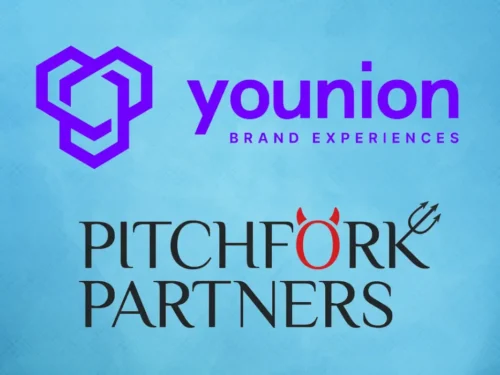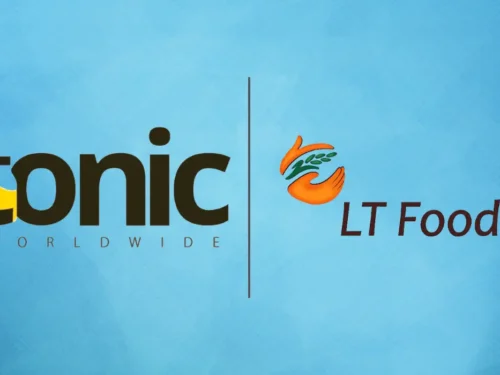Golin MENA’s Haian Nayouf on Evolving Communication in the Middle East
Haian Nayouf, a General Manager of Golin MENA is a seasoned professional in MENA’s communications realm with a diverse journey spanning over two decades. From journalism to steering strategic communications for the UK Government, he brings adaptability and experience. He is a leader navigating the dynamic media landscape, emphasizing meaningful connections and
strategic insights.
In this exclusive interview, he masterfully intertwines his wealth of experience, adaptability, and steadfast dedication to sculpting the narrative of communication in the Middle East.
Would you mind sharing with us your professional journey across various media fields you have worked in and your role as General Manager of GolinMENA over the last two decades?
For over two decades, I’ve embraced opportunities to learn and grow, fueled by the exceptional colleagues and friends I’ve worked with along the way. My journey began as a regional correspondent for five news outlets, honing my skills in print, radio, and online mediums. This laid the foundation for my six-year stint at Al Arabiya TV and its renowned online platform, Al Arabiya.Net. Seeking a different lens, I then transitioned to strategic communications, leading the UK Government’s Arabic Media and Communications Hub in the Middle East (based in Dubai) for eight years, including serving as Arabic Deputy Spokesperson for two years.
Drawn to the dynamic world of PR, I shifted gears, working with global agencies like Edelman before joining Golin MENA in February 2022. In July 2023, I was truly honored to be appointed General Manager of Golin MENA in the UAE by Horizon Group. Now, I have the privilege of working with a talented team across diverse sectors, continuing my journey of learning and professional growth.
As a communication professional, you’ve worked in media outlets, agencies, and even in different government sectors. Has that experience helped you in your current role in terms of strategic decision-making?
Definitely! Effective decision-making, whether in client servicing or maintaining high-quality communications work across various domains, demands three key factors: deep alignment with the rapidly evolving media landscape, a thorough understanding of audiences and the aspirations of new generations, and a profound grasp of public policies and geopolitical situations. Hence, I feel incredibly fortunate to have launched my communications career in the expansive world of strategic communications, which is broader than the realm of PR. This journey has allowed me to make informed decisions that drive successful outcomes for clients and business partners.
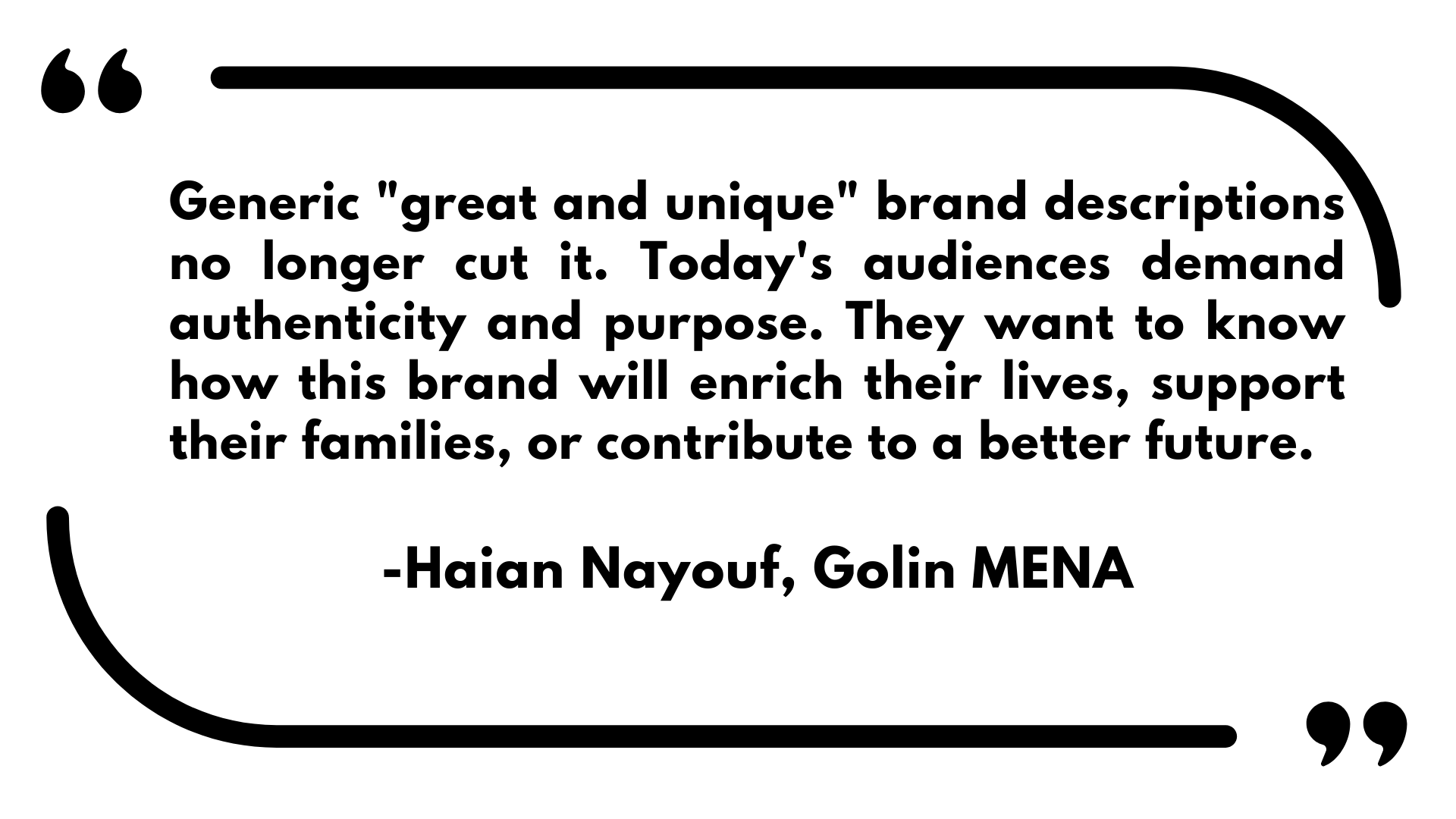
How has the PR landscape evolved since the time you started working in the industry? What upcoming trends or changes have you predicted and how are you working towards them?
My extensive background in strategic communications and its tools has provided me with a unique vantage point to observe the PR landscape through a wide-angle lens. This perspective, coupled with the rise of social media in the region after 2010 and the emergence of new, hyper-segmented generations with distinct aspirations, has led me to believe that the PR industry in the ME region needs to shift towards a more strategic communication approach. This shift is crucial to adapt to the rapidly evolving landscape, and the possibilities are endless. For example, we can weave engaging data narratives that go beyond messaging, showcasing impact through case studies, human-interest stories, or interactive visualizations. These stories, coupled with a focus on tangible outcomes like improved brand awareness, customer engagement, or policy change, will lead to truly solid results—not just outputs.
It is safe to say the “Oh! Message” app is synonymous with Haian Nayouf. How did you come up with this idea? Seeing its success in Dubai, what are your plans for it in the future?
In September 2021, Dubai’s newspapers hailed “Oh! Message” as a “technological achievement from Dubai to the world.” My partner, Mohammed Othman, and I launched Oh! Message as the world’s most private messaging app. We envisioned it as the Middle East’s first chat app built by Arab expertise and boasting cutting-edge privacy features. Oh! Message pioneered several privacy features, such as hidden online statuses, which a global app only adopted a year later. We’ve successfully completed the first phase of our development plan and are actively engaged with potential Gulf investors to secure funding for the remaining stages. Oh! Message remains the undisputed champion of privacy, thanks to its unique feature of complete in-app message destruction, guaranteeing zero server storage.
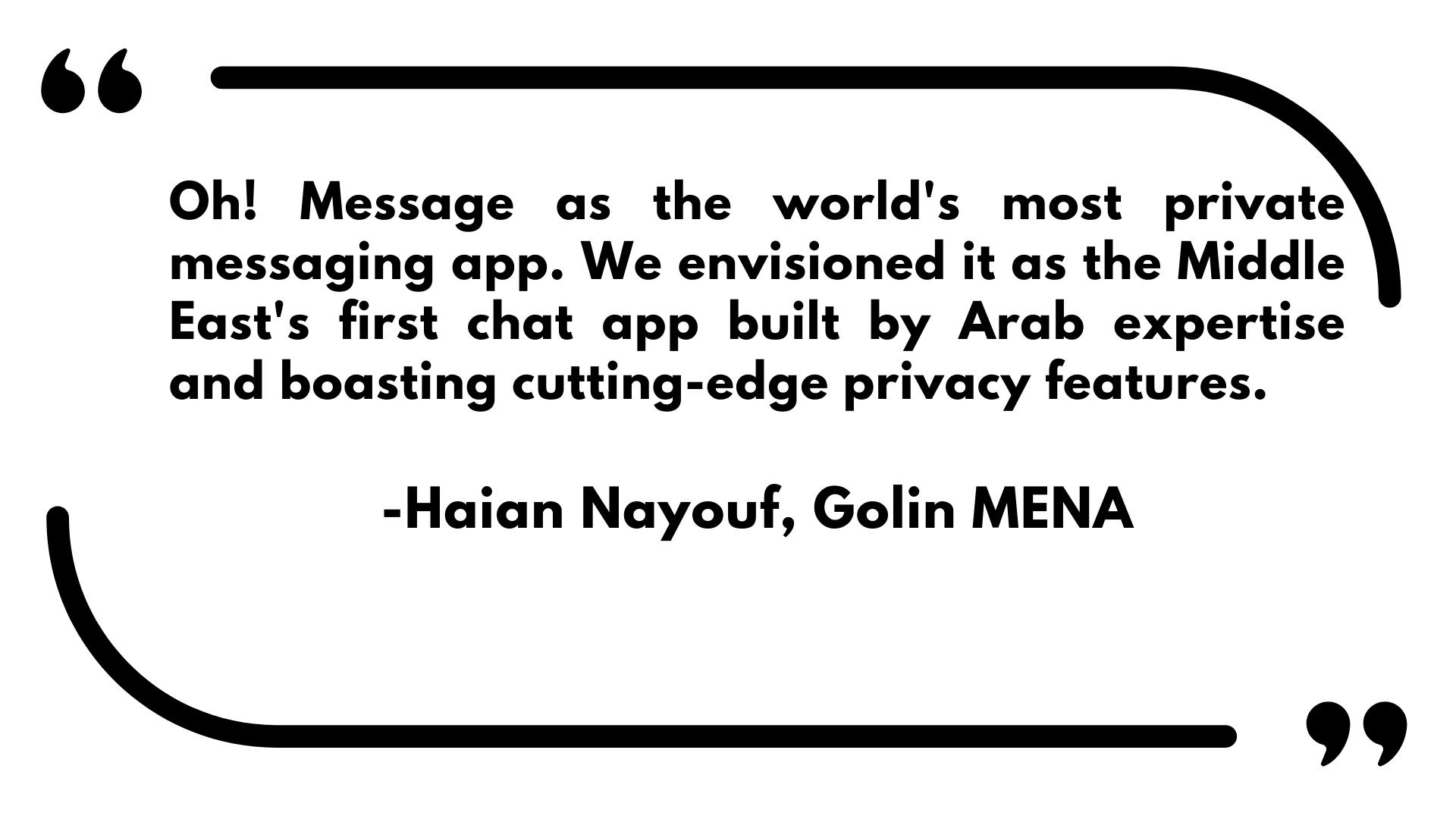
As mobile and internet services are more accessible in the MENA region, what is your take on the growing concern about data privacy?
Addressing this question from the perspective of an entrepreneur and co-founder of a privacy-focused startup, I believe it’s crucial to raise awareness among users and advocate for stronger data protection. Recently, a funder suggested closing our startup, arguing that it doesn’t provide a service like delivering food or gifts. In response, I posed the question, ‘What about privacy in chatting? Isn’t that a service and value needed in our daily lives?’ I am still awaiting a response. We need to amplify awareness about this: just as avoiding unhealthy food protects our physical health, privacy safeguards our well-being in the digital world.
The MENA media landscape has changed dramatically, as have people’s perspectives and openness. How have these changes been accepted by the audience compared to a few years ago?
The media landscape in our region has undergone a seismic shift. While some traditional outlets are proactively evolving to meet the digital age, new players emerge every day. This dynamic landscape, coupled with a surge in events, creates a bottleneck for brands and companies to stand out. Simply put, generic “great and unique” brand descriptions no longer cut it. Today’s audiences demand authenticity and purpose. They want to know how this brand will enrich their lives, support their families, or contribute to a better future.
The diversification of media channels plays a crucial role here, offering audiences a variety of information and fostering a growing appetite for authenticity, credibility, and transparency. In this social media-saturated world, audiences cross-reference stories across platforms, verifying information and exercising caution. This reflects heightened awareness and underscores the importance of reliable information in our era of media pluralism.
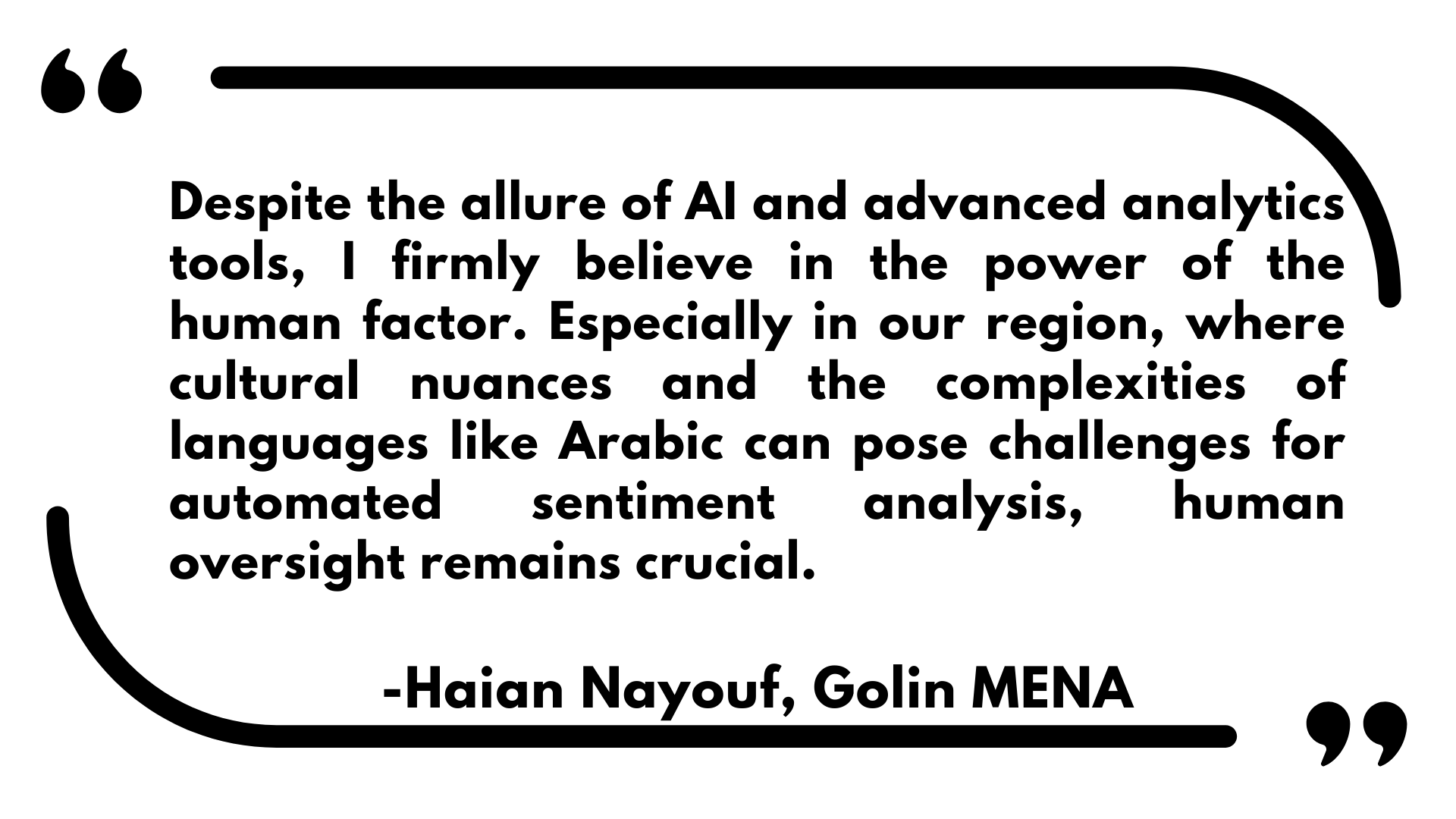
Let’s illustrate this with a simple example. Imagine a press release that informs us about a brand’s impact rather than simply describing its features. This shift from fluff to substance is crucial to resonate with today’s discerning audience.
CGI, artificial intelligence, and the metaverse are some of the technologies that are rapidly gaining traction in the Middle East. How has Golin MENA adapted to these changes? Will these technological advances change the PR landscape in a positive or negative way?
The region is on a technological spree, with recent studies pointing to surging demand for AI and automation solutions across various industries. For PR agencies, riding this wave of change is key to capturing audience attention and staying relevant.
The first step? Understanding the audience like never before. Data-driven insights unlock the doors to their behavior, sentiment, and preferences. Imagine customizing press releases and campaigns based on what truly resonates with the targeted audience. This precision targeting is the game-changer in today’s dynamic media landscape.
With the metaverse knocking on our doors, PR agencies are pioneering new frontiers of storytelling and engagement. GolinMENA has been a true trailblazer, organizing the region’s first press conferences within this immersive world.
However, despite the allure of AI and advanced analytics tools, I firmly believe in the power of the human factor. Especially in our region, where cultural nuances and the complexities of languages like Arabic can pose challenges for automated sentiment analysis, human oversight remains crucial.
Can you tell us about a few successful campaigns that you carried out and are close to your heart? How did you implement any learnings or successful strategies in future campaigns?
As the COVID-19 pandemic gripped the world, a beacon of hope shone from Italy. I was honored to volunteer with a groundbreaking, world-first campaign in Italy that focused on amplifying positive news and inspiring stories from the heart of the crisis.
I played a crucial part in amplifying the campaign’s voice by connecting it with top pan-Arab media outlets, ensuring that the message of hope and solidarity resonated across the region. This experience transcended traditional PR and news reporting. It was about building bridges and fostering understanding during a tumultuous time. Witnessing the power of communication to unite people across borders and cultures during such darkness was truly profound.
My participation in this impactful campaign solidified my belief in the vital role communication professionals can play on the frontlines. We can shape narratives, inspire unity, and offer a hand of hope even in the darkest of hours.
Additionally, at the London Olympics in 2012, I led a campaign in the Gulf region (launched by the UK government regional Arabic media and communication Hub in Dubai) focused on Arab athletes competing during the first Olympics to coincide with Ramadan since 1980. The campaign shed light on various aspects of the athletes’ experience, including the dedicated services provided to them
during the holy month.
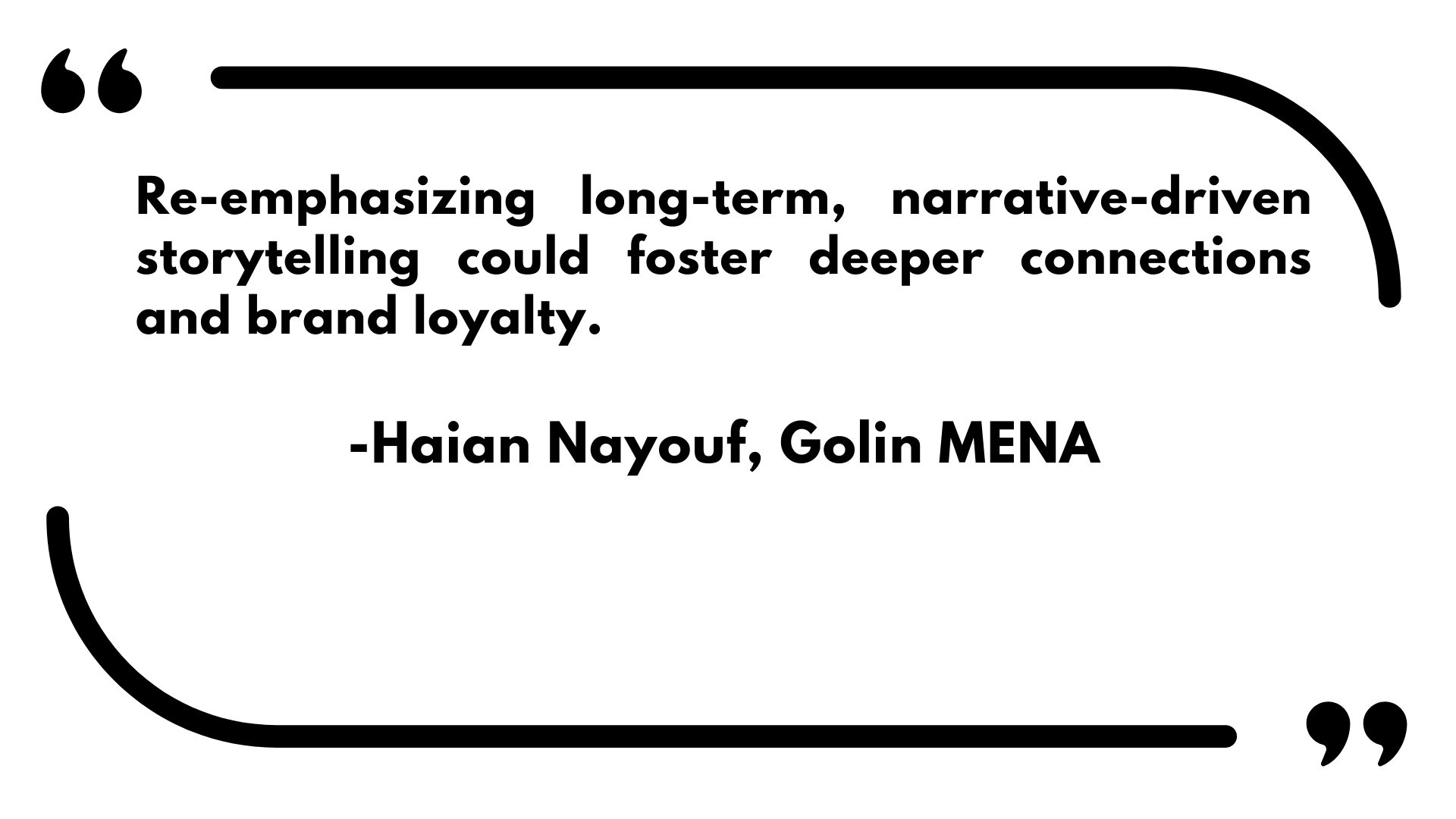
If there was one trend in the PR, media, or advertising industry that you would like to bring back, what would that be and why?
Of course, I won’t suggest bringing back fax machines—because nothing says cutting-edge technology like a piece of paper emerging from the jaws of a wheezing, ancient machine! Why rekindle the human touch? With the rise of automation and AI, there’s a risk of losing the human connection. Reviving personalized strategies and community outreach initiatives could rebuild trust and create more meaningful interactions with audiences.
Moreover, long-term storytelling is crucial. In today’s fast-paced digital world, campaigns often prioritize immediate clicks and engagement over building lasting relationships with audiences. Re-emphasizing long-term, narrative-driven storytelling could foster deeper connections and brand loyalty. Let’s recall classic campaigns that told evocative stories, creating strong emotional associations with the brand.
Author Profile
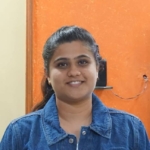
- Netra
- Netra is a Dual Masters graduate in International Business and Marketing. She is a content-writing enthusiast and a social media addict. In her downtime, you will find her headbanging to Pop songs from around the world. She is also a sports fanatic and especially loves F1, Volleyball, and Cricket. Her hobbies are baking and watching Anime.
Latest Posts
 MediaJuly 26, 2024Rediffusion Unveiles Konjo, a Specialist Agency for New Age Startups
MediaJuly 26, 2024Rediffusion Unveiles Konjo, a Specialist Agency for New Age Startups MediaJuly 26, 2024Farah Golant Joins Seedtag Board of Directors
MediaJuly 26, 2024Farah Golant Joins Seedtag Board of Directors MediaJuly 26, 2024PRCA MENA Announces Imad Lahad as Vice Chair of the Board
MediaJuly 26, 2024PRCA MENA Announces Imad Lahad as Vice Chair of the Board MarketingJuly 26, 2024Google Shelves its Plans to Remove Third-Party Cookies | Experts Speak
MarketingJuly 26, 2024Google Shelves its Plans to Remove Third-Party Cookies | Experts Speak
